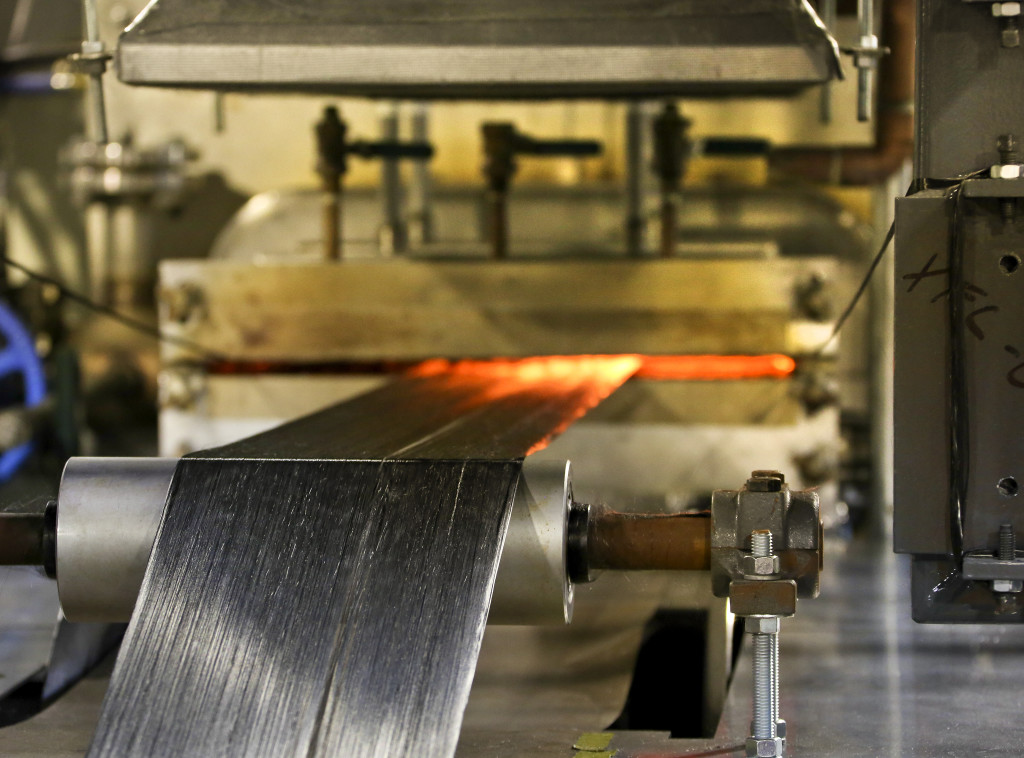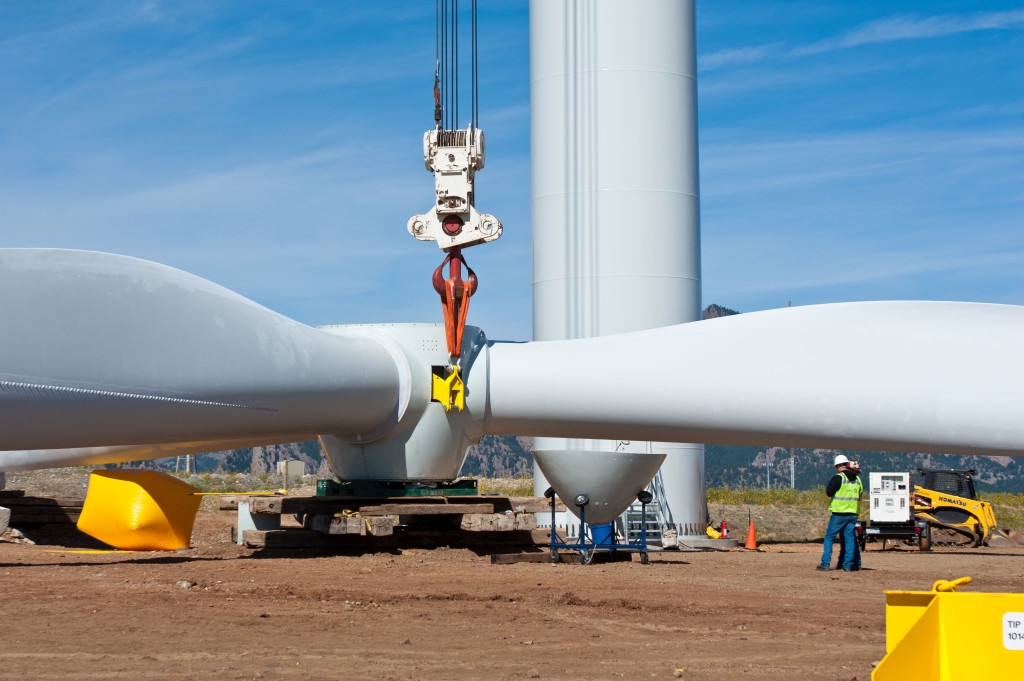about Virginia
The American Jobs Project was borne of two tough problems: loss of middle-class jobs in America and Congressional paralysis. It seeks to address these problems by taking advantage of one of the biggest market opportunities of our era—the advanced energy sector—and to do so at the state, not the federal level. Policymakers who leverage the unique strategic advantages of their state to grow localized clusters of interconnected companies and institutions are poised to create quality jobs.
The Commonwealth of Virginia is well positioned to benefit from the growing demand for advanced energy given the state’s skilled labor force, world-class universities and research facilities, and strength in manufacturing and engineering. The state is already home to many advanced energy businesses that employ over 65,000 Virginians. Opportunities to leverage this momentum to further serve growing regional, national, and global markets offer real benefits for Virginia’s economy and high-paying jobs for the Commonwealth’s residents.
Extensive research and more than 40 interviews with local stakeholders and experts have resulted in identifying two economic clusters showing particular promise: offshore wind and carbon fiber.
[caption id="attachment_203" align="aligncenter" width="452"] Heating of precursor materials into carbon fibers (Courtesy of the Oak Ridge National Laboratory / DOE)[/caption] [caption id="attachment_217" align="aligncenter" width="452"]
Heating of precursor materials into carbon fibers (Courtesy of the Oak Ridge National Laboratory / DOE)[/caption] [caption id="attachment_217" align="aligncenter" width="452"] September 21, 2011 - Workers use a giant crane for lifting the blade assembly is lifted as work continues on the 2 MW Gamesa wind turbine being installed at NREL's National Wind Technology Center (NWTC). (Photo by Dennis Schroeder)[/caption]
September 21, 2011 - Workers use a giant crane for lifting the blade assembly is lifted as work continues on the 2 MW Gamesa wind turbine being installed at NREL's National Wind Technology Center (NWTC). (Photo by Dennis Schroeder)[/caption]However, there are several barriers preventing Virginia’s advanced energy industries and their supply chains from reaching their full potential. Virginia must address these roadblocks to grow the state’s advanced energy clusters and realize economic gains. In order to take full advantage of these opportunities, Virginia’s policymakers can enact policies to increase demand for offshore wind and carbon fiber technology and to help the Commonwealth’s businesses grow, innovate, and outcompete regional, national, and global competitors.
This project serves as a research-based roadmap for state and local leaders who seek to develop smart policies focused on leveraging the Commonwealth’s resources to create high-skill, good-paying jobs. The number of jobs created is highly dependent on action taken by state and local policy makers. With concerted effort at the state and local level, more businesses that sell advanced energy products and services will take root in the Commonwealth. Employees in the advanced energy sector will spend their earnings in the local economy at grocery stores and restaurants, and those local establishments will need to hire more employees to satisfy demand. This creates a multiplier effect throughout Virginia’s economy, where a single dollar spent in a community circulates through local businesses and their employees numerous times.
Summary of Recommendations
The analysis presented in this report culminates in four thematic sets of recommendations for Virginia’s leaders. Each set of recommendations identifies opportunities for barrier removal and future growth in the offshore wind and composite materials clusters. While the recommendations are intended to be complementary and would be powerful if adopted as a package, they can also be viewed as stand-alone options.
Offshore Wind
• Target Foreign Direct Investment (FDI) recruitment missions to fill gaps in Virginia’s offshore wind supply chain
• Establish the Atlantic Offshore Wind Energy Alliance and facilitate European exchanges
• Reserve 50 percent of Renewable Energy Certificates (REC) purchases from renewable energy connected to an electric distribution grid serving Virginia
• Decrease commercial permitting time by removing excess procedures
• Create a Commonwealth Wind Credit (CWC)
• Coordinate the Virginia Offshore Wind Development Authority and Virginia Port Authority to meet supply chain needs
• Prepare Virginia’s ports to meet the needs of the offshore wind supply chain with funds from the Virginia Transportation Infrastructure Bank
Advanced Composite Materials
• Expand Virginia’s global push
• Join the Institute for Advanced Composites Manufacturing Innovation (IACMI) and create a Composites Council
• Host an Advanced Materials Technology Competition and Hackathon
• Create an online platform to streamline permits and allow local cost comparisons
• Expand local implementation of “Defense Production Zones” to cluster companies
• Update the Machinery and Tools (M&T) Tax to Exempt Equipment Used Directly in Producing Energy Efficient Products or Materials
Access to Capital & Innovation Ecosystem
• Establish a Fund of Funds
• Restore funding for the Center for Innovation Technology (CIT)
• Launch a State Technology Transfer Challenge
• Increase technology investment tax credits
• Appoint a Foundation Liaison
Workforce Development
• Establish the North American Offshore Wind Training Academy
• Convene leaders to determine regional strategy, allocate training specialties among community colleges, and encourage participation from all Eastern colleges
• Identify “mobile” training needs and solutions, e.g., Mobile Welding Labs
• Offer high school composites training to make students employable upon graduation in the South and Southwest regions
• Create a part-time advanced manufacturing training program in South and Southwestern community colleges
• Expand Military2Manufacturing to train veterans for advanced manufacturing careers
• Establish early colleges with work-based learning curriculums